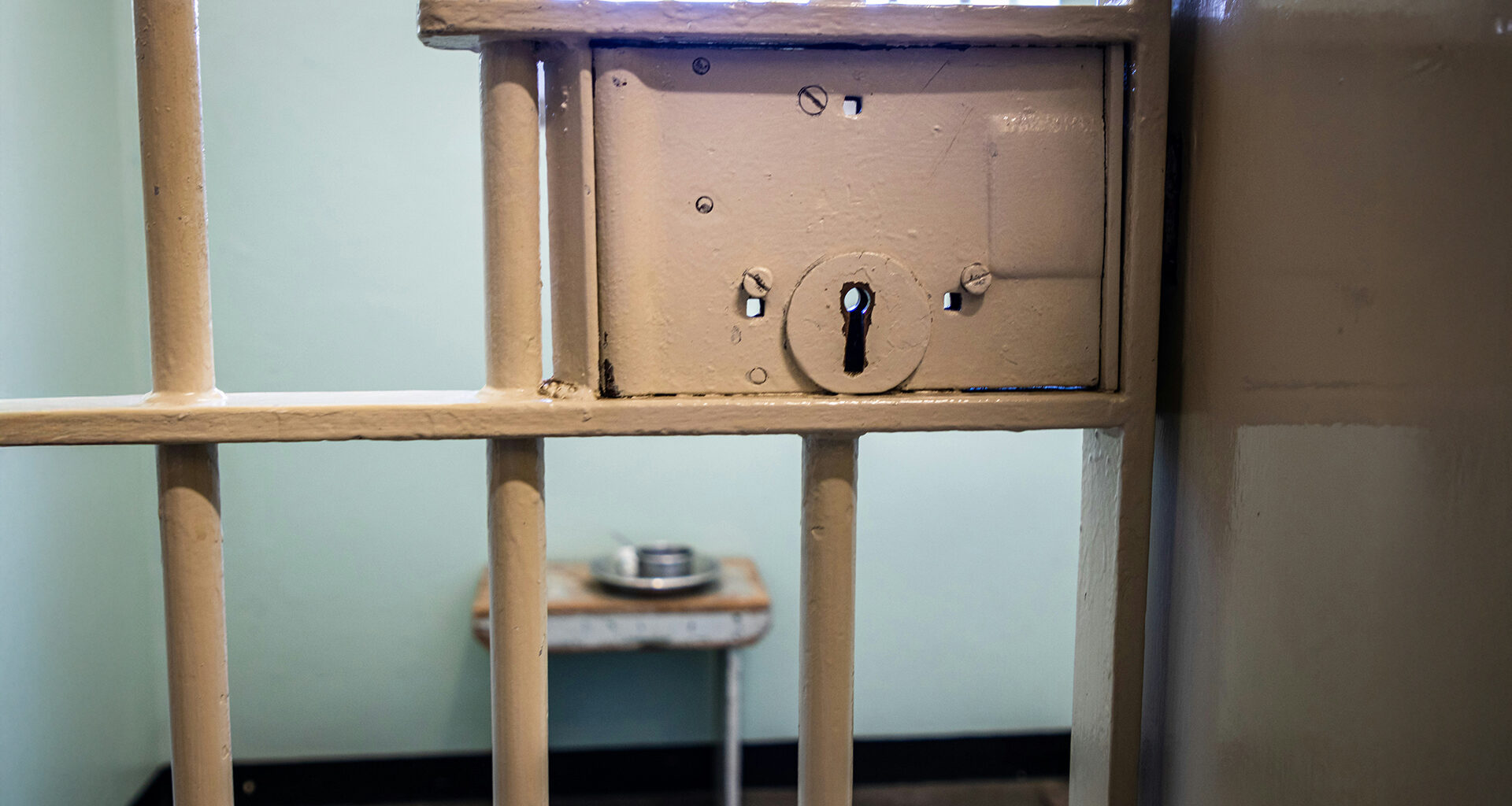Up-to-date data on how many Irish prisoners have psychosis “does not currently exist”, Justice Minister Jim O’Callaghan has said.
The issue was raised in a recent parliamentary question, where O’Callaghan was pressed by Sinn Féin TD and mental healthspokesman Mark Ward for detailed figures.
The Minister was specifically asked to provide “the number of prisoners in the general population in prisons diagnosed with psychosis; if the prisoners are receiving the appropriate treatment; and if he will make a statement on the matter.”
O’Callaghan noted that the last time such information was systematically collected and published was more than two decades ago, underscoring a significant gap in contemporary research on mental health within the prison system.
O’Callaghan referred to work carried out in the early 2000s, which remains the most recent comprehensive study on the matter.
“In data from Kennedy et al.’s work published in the early 2000s, prevalence rates of psychosis were 3.9% amongst men committed to Irish prisons; 7.6% amongst men on remand and 2.7% amongst sentenced men,” O’Callaghan said.
He also highlighted the findings with regard to women in custody at the time, saying: “Rates of psychosis was 5.4% amongst women in custody.”
These statistics, while two decades old, provide the only concrete baseline available for policymakers and the public.
However, O’Callaghan acknowledged that this data is now out of date.
“Contemporary prevalence data does not currently exist in relation to the number of people in custody in Ireland with psychosis,” he said.
O’Callaghan pointed to existing frameworks aimed at addressing these gaps. He noted that the Government’s current mental health policy document, “Sharing the Vision”, includes a commitment to conduct a mental health needs analysis of the prison population, stating that “This work is currently being progressed.”
In outlining what measures are currently in place, the Minister emphasised the role of specialist teams.
“The Irish Prison Service multidisciplinary team works directly with the mental health needs of people in custody,” he said.
“This team is made up of the Primary Healthcare and Psychology, in addition to in-reach mental health services, provided by the HSE’s National Forensic Mental Health Service.
“The latter involves the provision of weekly forensic mental health sessions led by consultant forensic psychiatrists, supported by non-consultant hospital doctors, community psychiatric nurses, and social workers. The current case load of National Forensic Mental Health Service in-reach teams across the prison estate is 341 with 51 awaiting new assessment.”
Finally, he underlined the broader mission of the prison service in providing not just security, but also care.
“It is the aim of the Irish Prison Service to provide safe and secure custody, dignity of care and rehabilitation to prisoners for safer communities and to provide health, mental health and psychological services to those on an equivalent basis to that available to those eligible for General Medical Services in the community,” he said.
According to the most recent report of the Irish Prison Service, the daily average number of prisoners in custody in Ireland last year rose to 4,941, and over 1 in 10 people committed to prison last year (11.6%) were “of no fixed abode”.

